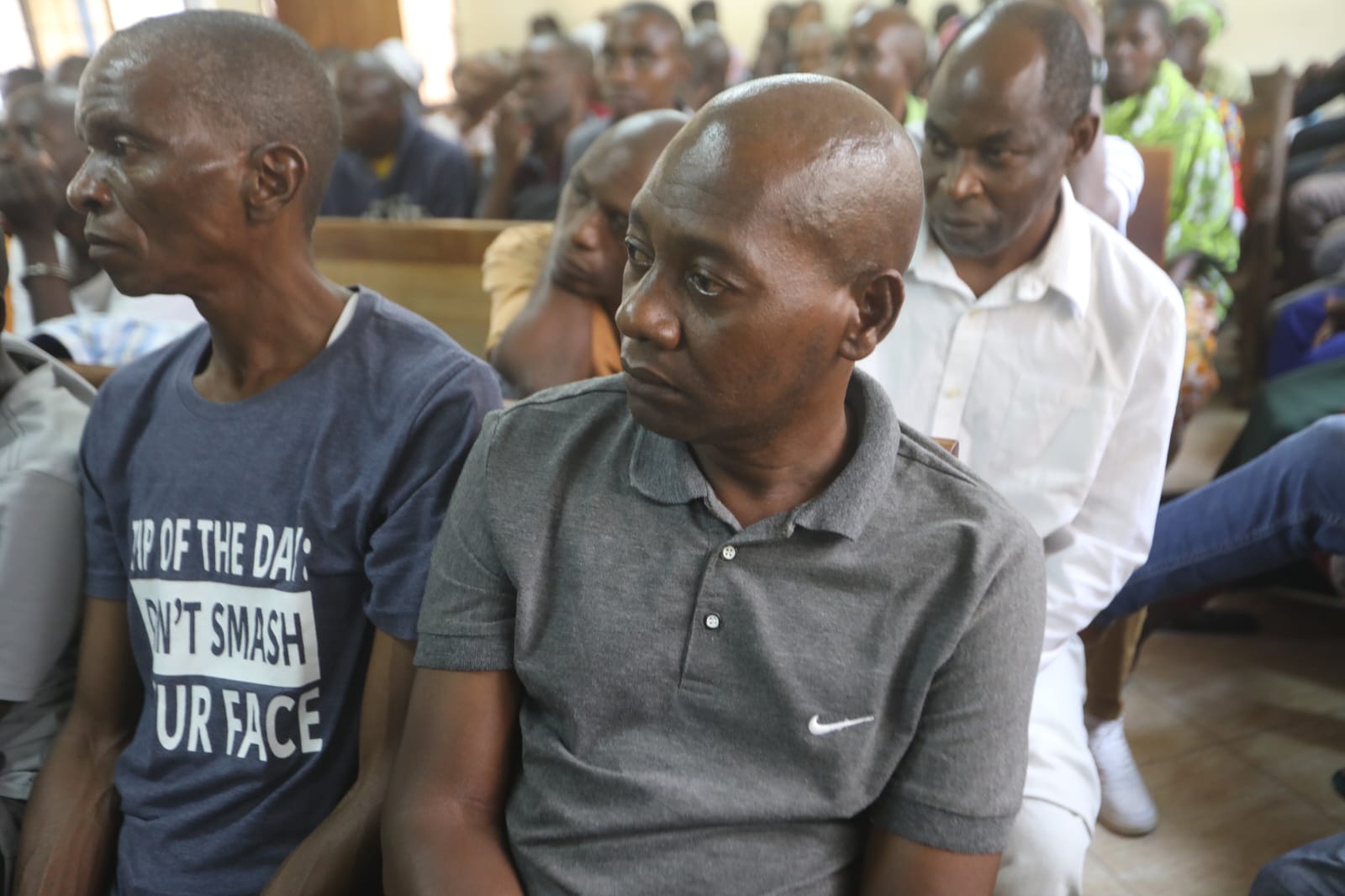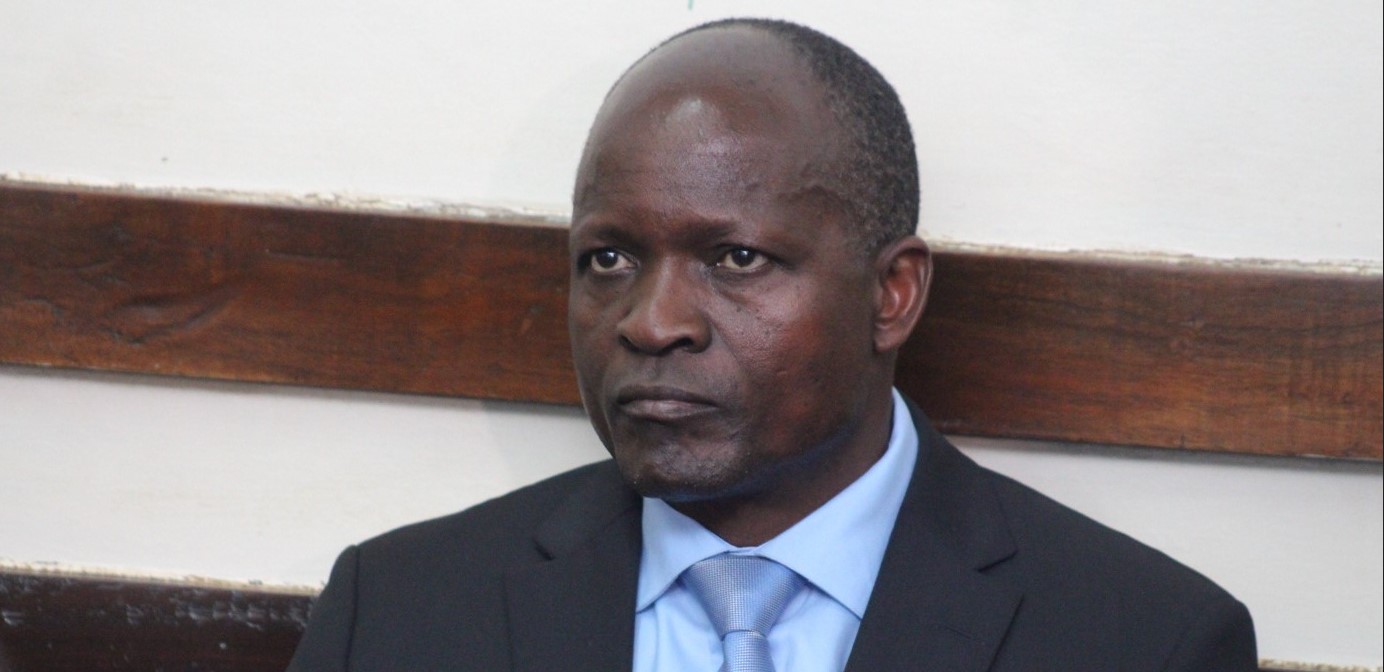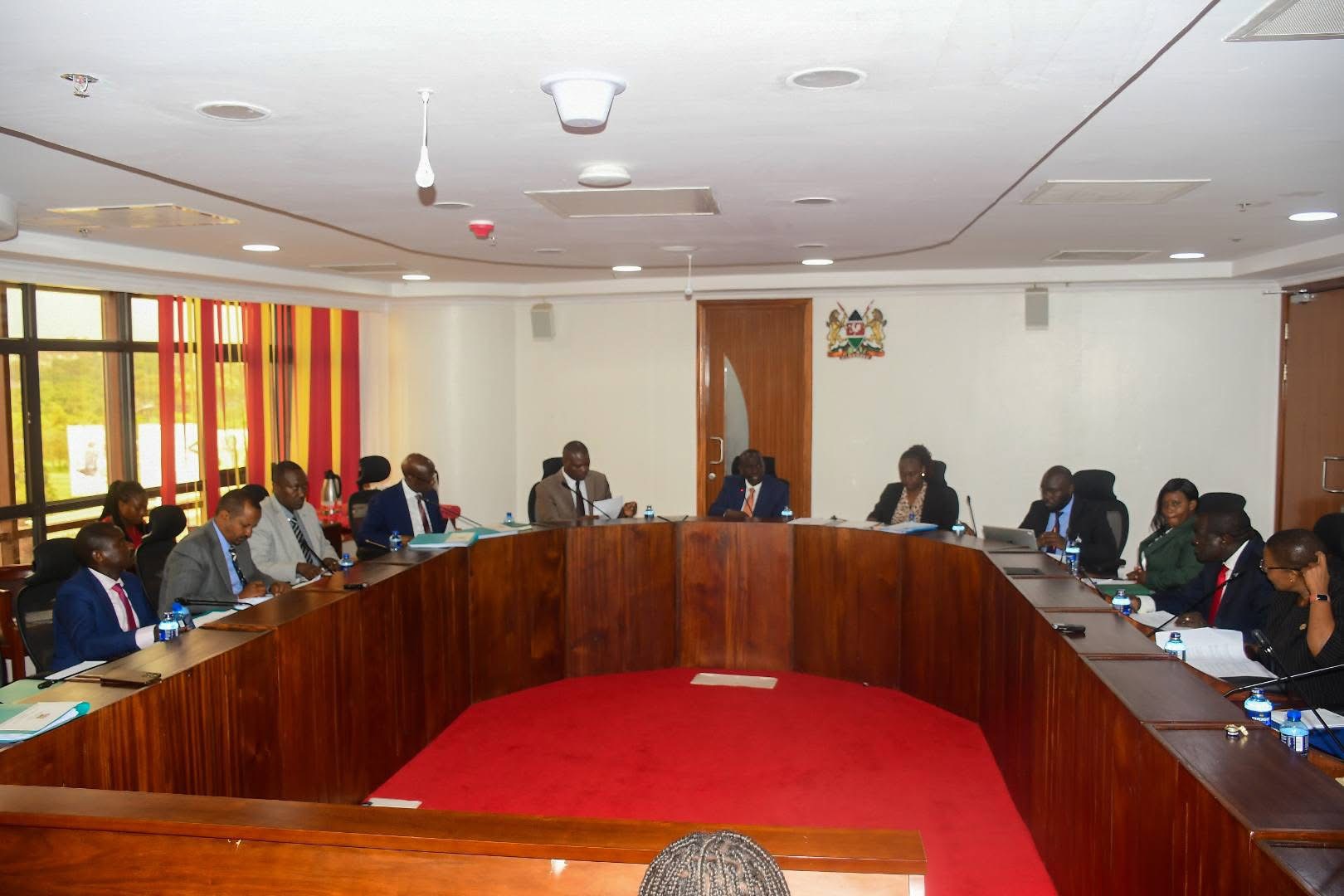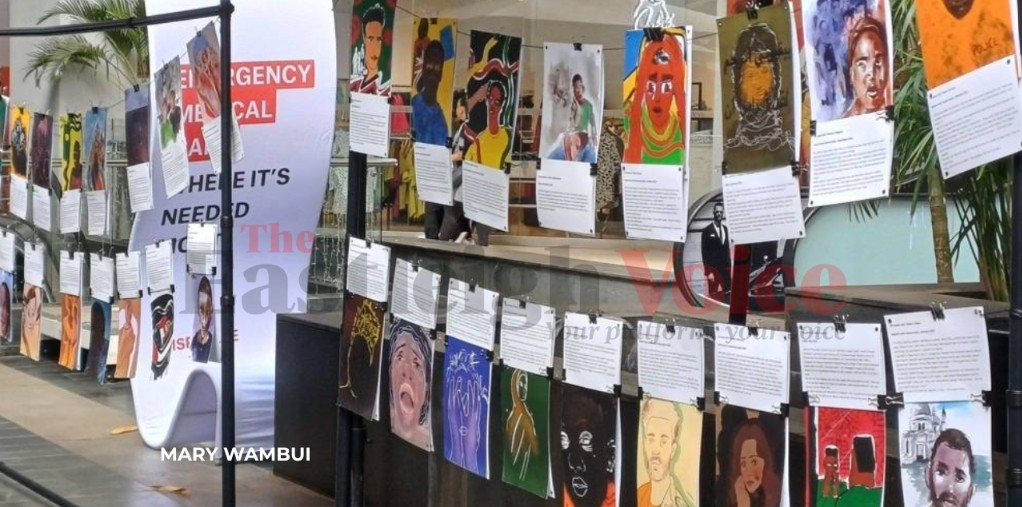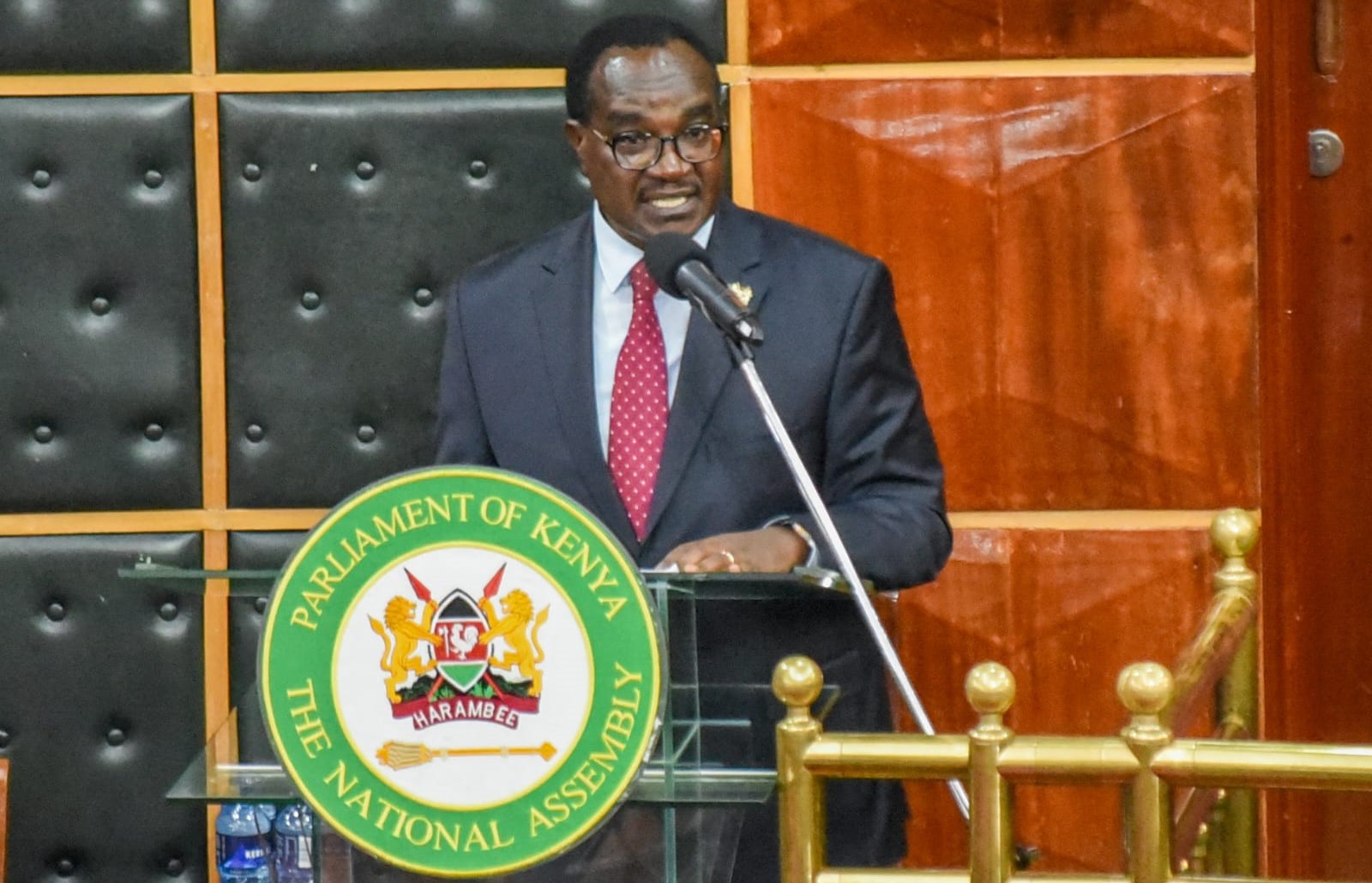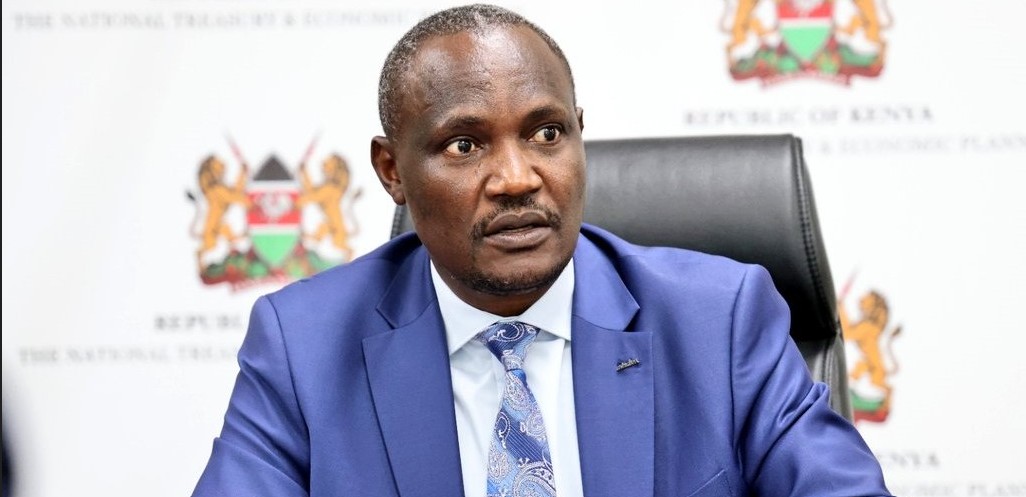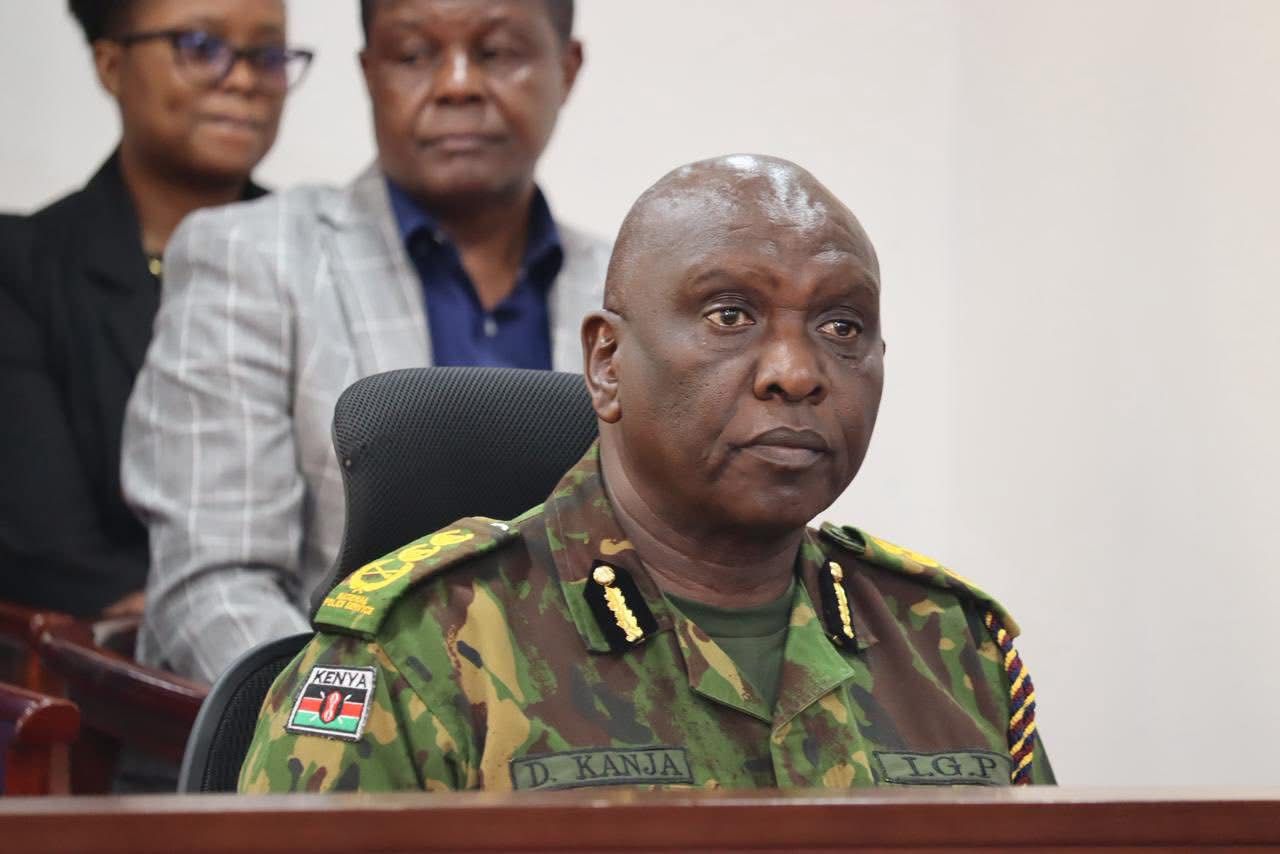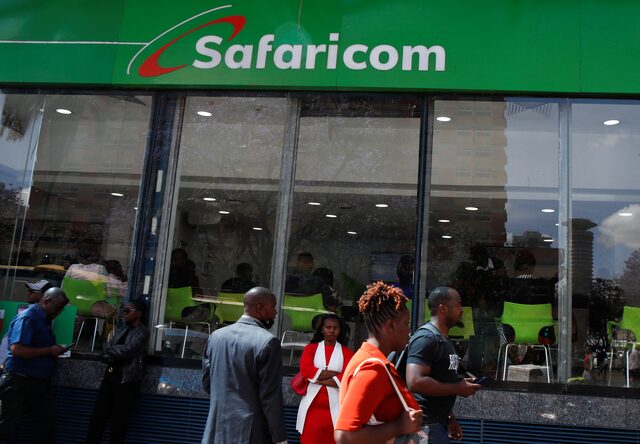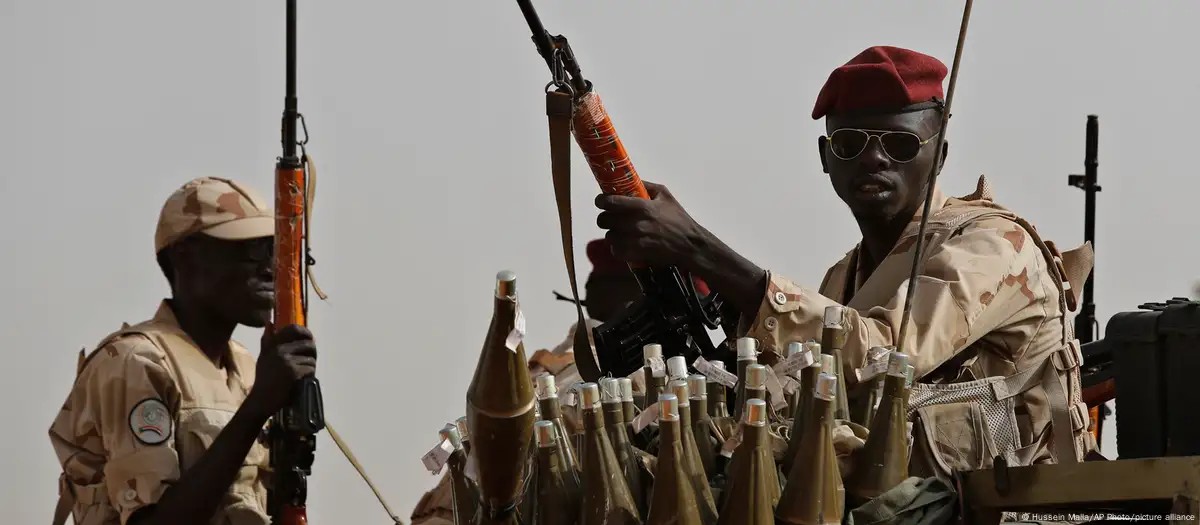Inside Bill that seeks to strip pockets from traffic police uniforms in anti-bribery drive
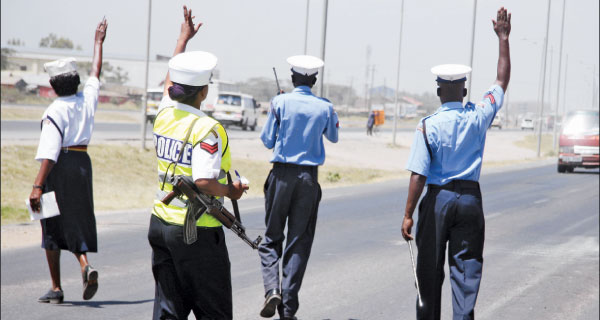
Barongo also wants the Inspector General compelled by law to take action against an officer accepting a bribe in uniform when actively engaged on duty in a public place.
A new Bill has been tabled before the National Assembly Administration and Security Committee to tackle rampant bribery among traffic police officers.
Sponsored by Bomachoge Borabu Member of Parliament Obadiah Barongo, the Bribery Amendment Bill, 2024, seeks to amend the Bribery Act, 2016 by inserting a new section 10(A) which aims to address bribery among traffic police officers by implementing new measures.
More To Read
- Court steps in after EACC and DPP fail to agree on Obado plea deal
- MPs demand answers over delayed sports academies project, summon officials
- EACC moves to recover Sh250 million public land in Kahawa Sukari
- Evans Kidero, nine others acquitted in Sh213 million corruption case
- EACC raids homes, offices of senior Sports officials over Sh3 billion graft claims
- National Assembly dismisses viral letter on Cabinet vetting as fake
Central to the proposed legislation is the elimination of pockets from traffic police officers' uniforms. The move intends to curb the acceptance of bribes by removing the means to discreetly store illicit gains.
Barongo also wants the Inspector General compelled by law to take action against an officer accepting a bribe in uniform when actively engaged on duty in a public place.
“The principal object of this Bill is to provide for anti-bribery measures for the National Police Service, through the establishment of designated traffic zones with equipment and standards of uniform to enforce the same,” Baringo said.
“A police officer who attends to an area, not within the designated traffic area commits an offence.”
The Bill also seeks to create a visual record of interactions between law enforcement officers and the public.
It proposes the establishment of eight multi-agency command centres where CCTV footage from designated areas will be stored and monitored by officers nominated by the National Police Service and the Independent Policing Oversight Authority.
“The Inspector General shall zone all areas that traffic police officers are designated and coordinate the installation of CCTV cameras in all areas that traffic police are situated. The Inspector General shall ensure the CCTV cameras at designated traffic areas are maintained,” the draft Bribery Bill reads.
“A designated officer shall investigate collection of bribes within the designated traffic area, submit a report to the authority on compliance, and report investigations conducted by the officer on bribery at the designated traffic zone.”
The Parliamentary Budget Office (PBO) has estimated that it will cost approximately Sh8 billion to install CCTV cameras in all designated traffic management areas across the country.
Barongo has also proposed that command centre officers should hold a bachelor's degree in a cybersecurity or computer science-related field.
Further, Traffic police officers will also be compelled to declare their wealth before the Ethics and Anti-Corruption Commission (EACC) every three months.
“All officers designated to designated areas shall submit quarterly wealth declaration reports to the EACC,” the Bill reads.
Saku MP Dido Rasso the committee chairperson said the team will study the laws and propose amendments where necessary.
The Bill comes amid rising cases of traffic police officers exposed taking bribes along several major roads across the country.
Recently, a traffic police officer was suspended by the National Police Service (NPS) following allegations of bribery captured in a viral video.
The officer was filmed purportedly collecting bribes from six public service vehicles (PSVs) at the B Centre area in Umoja while directing traffic.
NPS swiftly responded to the circulating footage, confirming the suspension of the officer from the Traffic Police Unit, effective immediately.
In recent bribery indices report by the EACC, police – both regular and traffic have been highlighted as the most prone to corruption at 60.6 per cent, followed by the Immigration Department at 4.4 per cent and the Registrar of Persons at 4 per cent.
The report states that traffic police officers are likely to ask for a bribe three times more than their counterparts at the Administration Police.
Top Stories Today
